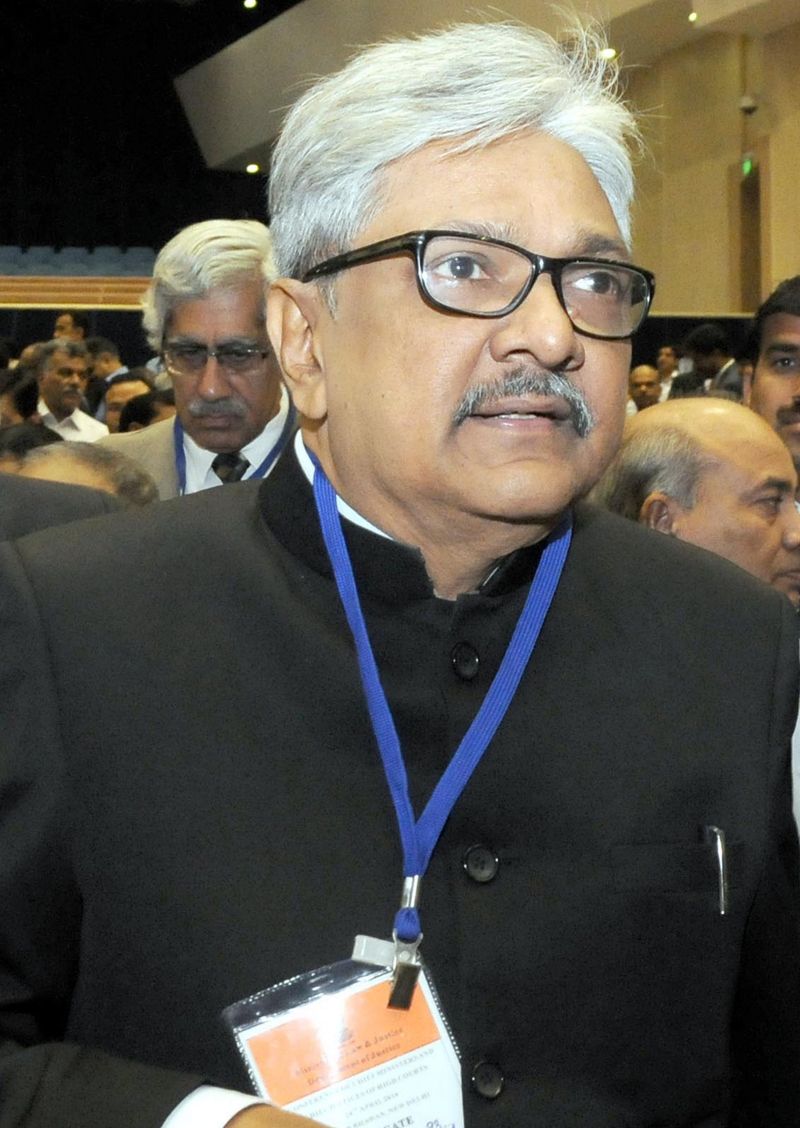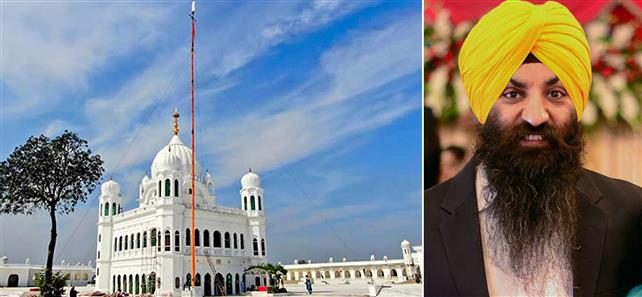
An Su-30MKI and a Mirage-2000 crashed mid-air while practising close-combat manoeuvres along with a third aircraft
While the findings will reveal the exact reason behind the incident, sources said two fighter jets crashed mid-air while practising close-combat manoeuvres along with a third aircraft. File.
The investigation into an accident involving two Indian Air Force (IAF) fighter jets, an SU-30MKI and a Mirage-2000, is complete, and the Court of Inquiry (CoI) findings will be sent to the Air Headquarters after due process, in what is a case of mid-air collision during close combat manoeuvres.
“The CoI is complete and the findings are with the Command. After requisite processing (which also includes legal vetting) it will be sent to the Air Headquarters,” a defence source said.
While the exact reason behind the incident will be revealed by the inquiry findings, sources said the two fighter jets crashed mid-air while practising close-combat manoeuvres along with a third aircraft. The pilots of the third jet are key witnesses in the inquiry in addition to the flight data recorders and other digital evidence and the two pilots of the ill-fated aircraft who ejected safely.
Key Witnesses
On the morning of January 28, the two ill-fated aircraft along with another fighter jet took off from the Gwalior air base in Madhya Pradesh on a close combat training mission when the incident occurred. The Mirage crashed immediately in Morena, resulting in the death of Wing Commander Hanumanth Rao Sarathi, while the Sukhoi flew for some distance and crashed in Bharatpur, Rajasthan, giving time for the two pilots to eject safely. A CoI was immediately ordered which was headed by an Air Commodore.
The Gwalior airbase is home to IAF’s Mirage-2000 fleet as well as the premier training establishment, Tactics and Air Combat Development Establishment (TACDE), the equivalent of the U.S. Navy’s ‘Top Gun’ academy.
Air Accidents
The Parliamentary Standing Committee on Defence, in a report tabled in March 2022, had expressed concern over air accidents and the Defence Ministry had replied that there were 105 aircraft accidents during each year of the Eleventh and Twelfth Five-Year Plans.
“The number of aircraft accidents has reduced from an average of 13 accidents per year in 11th plan (April 01, 2007 to March 31, 2012) to an average of 8 accidents per year in 12th plan (April 01, 2012 to March 31, 2017). During 13th five-year Defence plan, an average of six accidents per year have taken place. In last Financial Year (2020-21), the accident rate was the lowest in last 50 years,” it said.
A parliamentary standing committee report of February 2021 noted that in the past two decades, the IAF had flown approximately 2.5 lakh hours per year, with the available inventory of aircraft. It added that during the period, the IAF had put in dedicated effort to reduce the number of accidents.
“Comparing safety records in a block of five years, it is evident from the data given below that accident rate has decreased considerably in the last two decades,” the report said.














































































